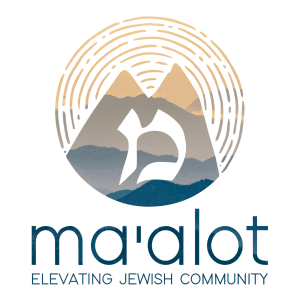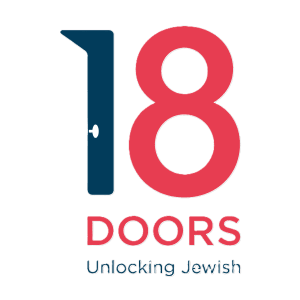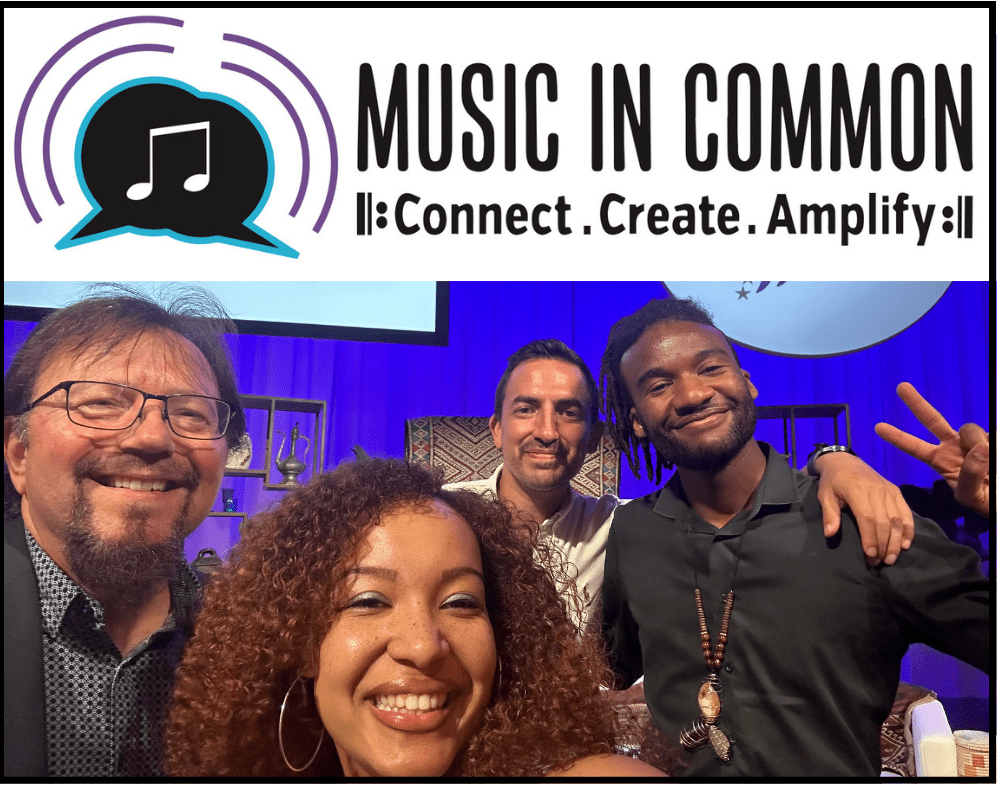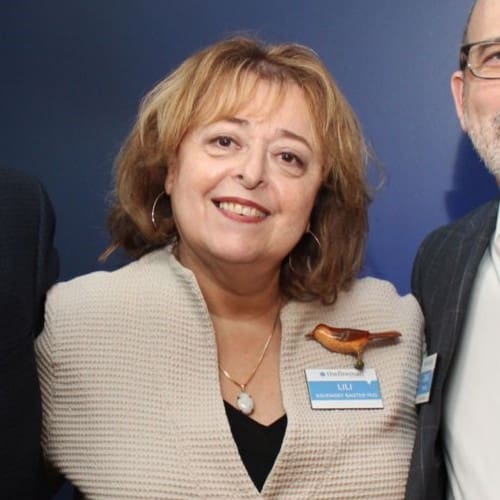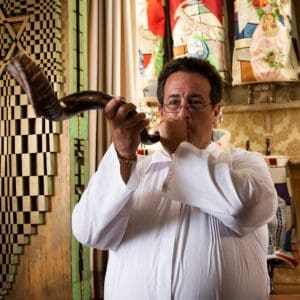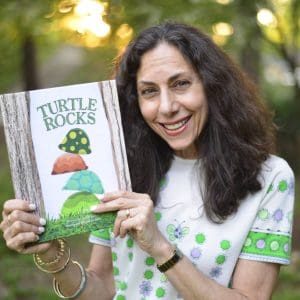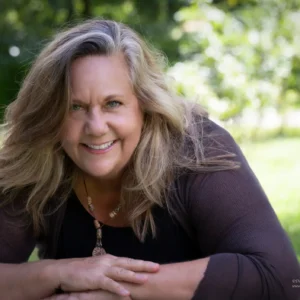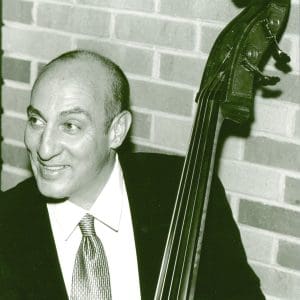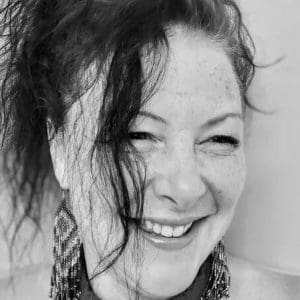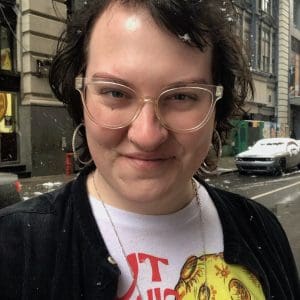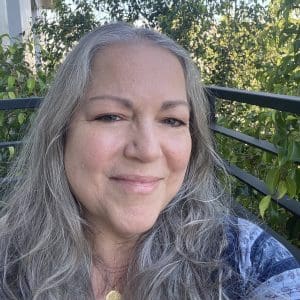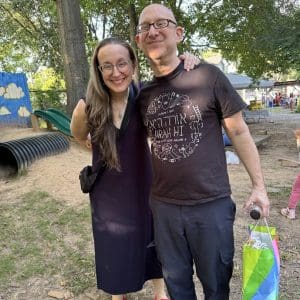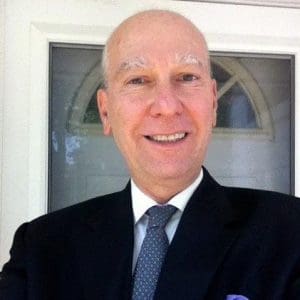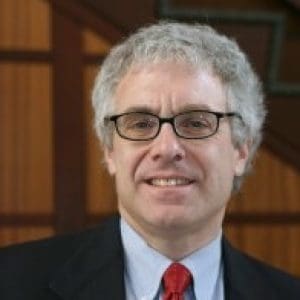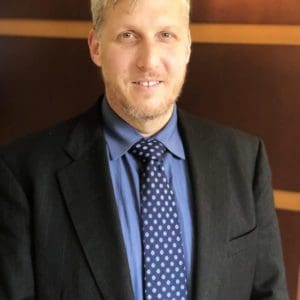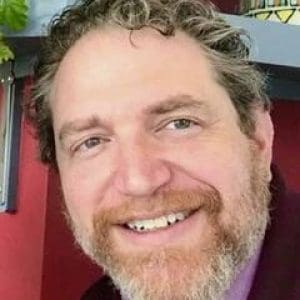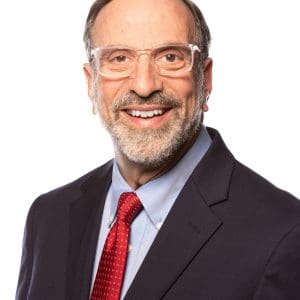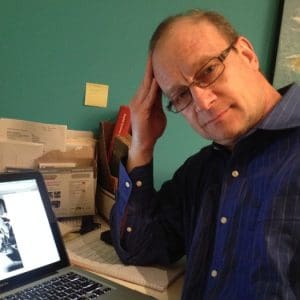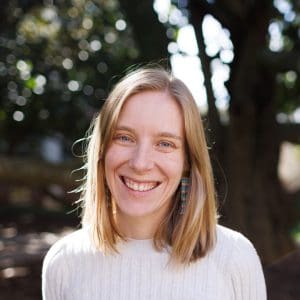Sermons
Video Sermons
Shabbat Morning Service
6.21.25
Shabbat Morning Service
6.14.25
Shabbat Morning Service
6.7.25
Shavuot and Yizkor Memorial Service—Baby Naming of Elah Dafna Bobrov
6.3.25
Shabbat Morning Service
5.31.25
Shabbat Morning Service—Bar Mitzvah of Naftali Rosenthal
5.24.25
No more posts to show
Written Sermons

The Last Sermon
1/02/2025
The Last Sermon December 28, 2024 | 27 Kislev 5785 3rd Day of Chanukah | Parshat Miketz By Neil Sandler Rabbi Emeritus It was the winter of 1983. I had
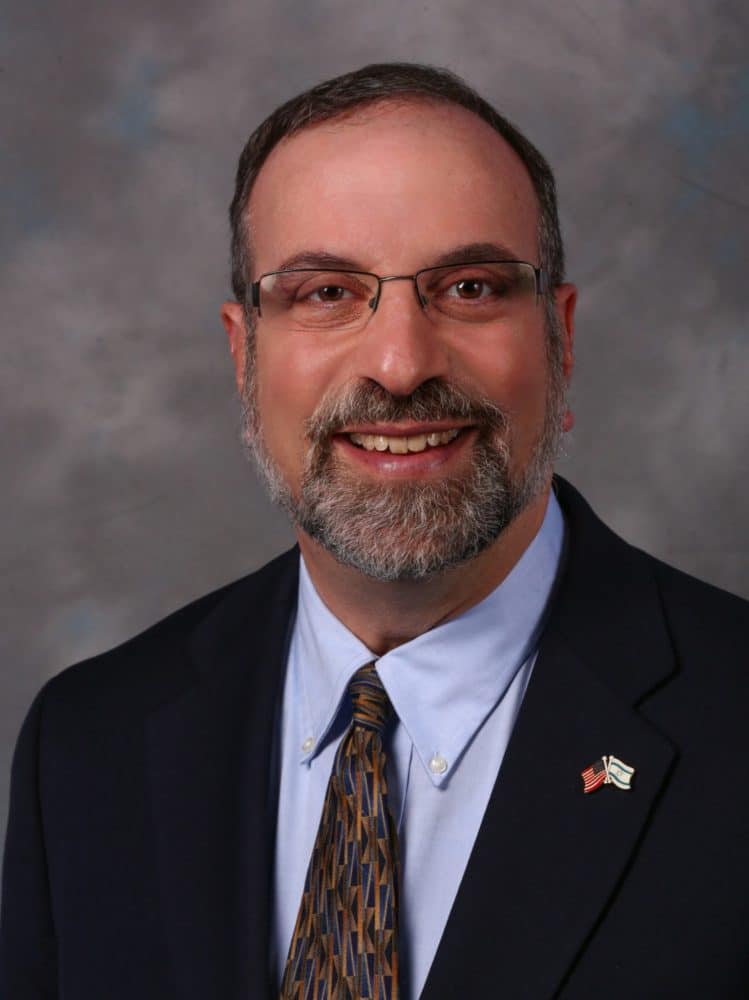
A Reading for Your Seder Table and for Those Who Will Join You From Near and Far
4/01/2020
A Reading for Your Seder Table and forThose Who Will Join You From Near and Far Passover 5780/2020 By Rabbi Neil Sandler Mah nishtana halaila hazeh mikol halaylot?Why is this











